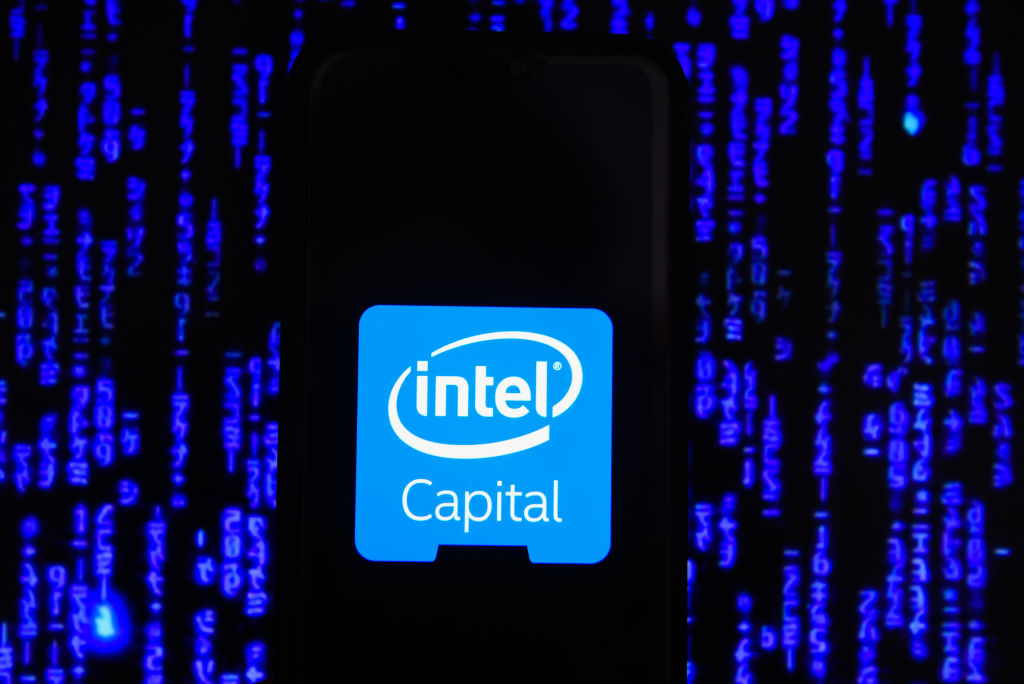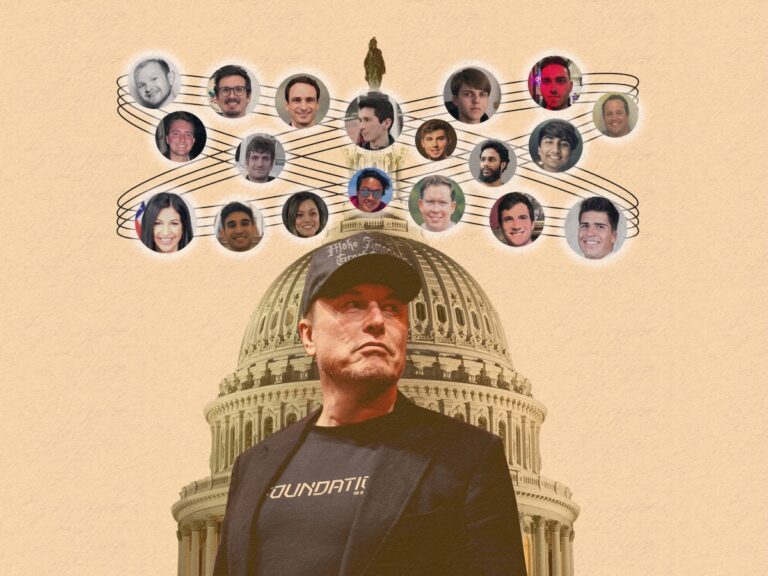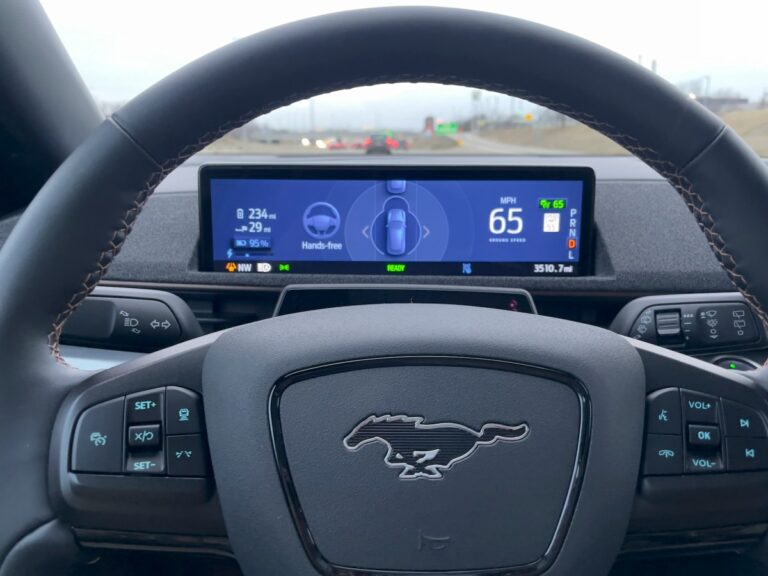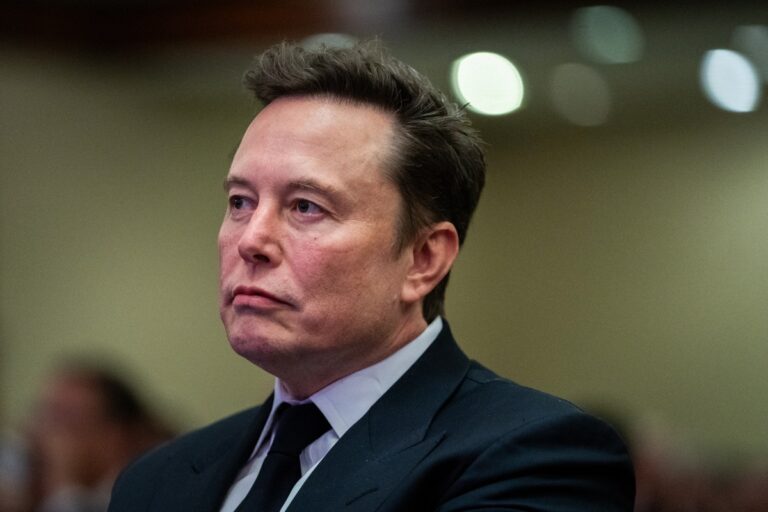Exploring Intel Capital: The 34-Year-Old Firm Poised for Independence
Intel Capital’s recent announcement regarding its decision to spin out from its parent company, Intel, has stirred significant interest in the venture capital landscape. Operating as Intel’s venture investment arm since 1991, this move signifies a transformative shift for the firm, which has been a pioneer in corporate venture capital.
End of an Era for Intel Capital
Founded nearly 35 years ago, Intel Capital has backed a plethora of renowned enterprise tech companies, including DocuSign, MongoDB, and Hugging Face. With investments in almost 2,000 companies, the firm is regarded as one of the most influential players in the venture capital space.
New Opportunities Ahead
Mark Rostick, vice president and senior managing director at Intel Capital, views this transition as a chance to enhance the firm’s agility while preserving its existing advantages as a corporate venture capital (CVC) entity. Joining the firm in 1999 after a recommendation from a friend, Rostick expressed his commitment to the firm from the start, stating, “You get to work with the smartest people in the world.”
Investment Success and Future Prospects
Over more than two decades, Rostick has witnessed Intel Capital invest over $20 billion across more than 1,800 companies, achieving over 700 startup exits. Discussions about a potential spinout have occurred multiple times, but they gained traction in early 2024, eventually solidifying last fall.
Strategic Timing for Spinout
According to Rostick, the firm’s strong track record warranted attention from outside investors. Notably, the exit of Astera Labs, a semiconductor company backed by Intel Capital since 2018, bolstered their timing for the spinout. Astera Labs went public in March 2024 with a valuation of $5.5 billion, and its current market cap stands at an impressive $9.8 billion.
Market Dynamics and Internal Changes
Despite the optimism surrounding the spinout, recent departures among managing directors at Intel Capital have raised questions about internal consensus regarding the transition. Notable exits include Mark Lydon, Arun Chetty, Sean Doyle, and Tammi Smorynski, all of whom had extensive tenures at the firm. However, an Intel Capital spokesperson clarified that these departures were not linked to the spinout announcement.
Challenges for Intel’s Parent Company
The spinout occurs during a tumultuous period for Intel, which has faced leadership changes and operational delays. Former CEO Pat Gelsinger’s unexpected retirement on December 1 and the postponement of the Ohio chip factory’s opening have drawn attention to the company’s shifting dynamics.
Looking Forward
The new, yet-to-be-named firm is expected to maintain a similar investment focus as Intel Capital, targeting early-stage startups in sectors such as AI, cloud computing, devices, and frontier technology. Rostick indicated that they plan to commence fundraising shortly after the formal spinout, expected in the third quarter of 2025.
“We’ve socialized the idea with people and feel like we’ve gotten a pretty good response,” Rostick noted. “We’re not naive; we know it’s going to be a difficult process.”
As Intel Capital transitions, the firm aims to continue its investment strategies without interruption. Rostick affirmed, “We’re investing in new opportunities, actively looking for those. When we make the switch over, we keep going at the same speed as we have been going today.”
For more insights on venture capital trends, check out PitchBook for comprehensive data and analysis.
Stay tuned for updates on Intel Capital’s evolution and the broader venture capital ecosystem.







